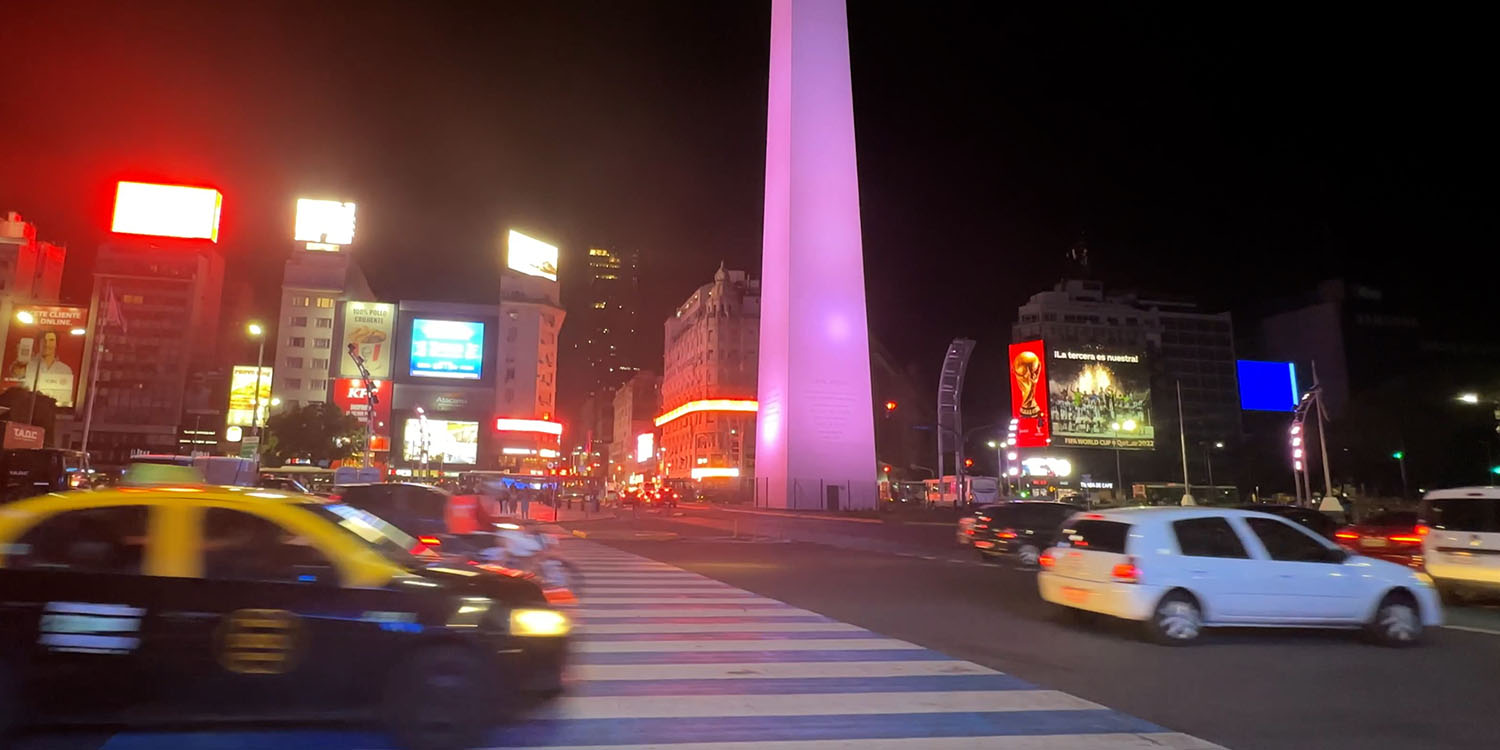
There’s always been a significant difference in the low-light video and photo performance on iPhones. But a recent holiday really highlighted for me how dramatic that difference has become, especially when it comes to the telephoto lens on the iPhone 14 Pro Max.
So much so that I would argue that low-light video performance really needs to be Apple’s next priority when it comes to the iPhone’s photographic capabilities …
Background
A holiday to Buenos Aires to dance Argentine tango in its spiritual home has now become an annual pilgrimage for me.
I don’t attempt any real photography on these trips – pretty much every minute is spent dancing or sleeping – but I of course like to have some snapshots to look back on. Specifically, I’ve created video montages of the trips to really bring back the memories.
Dancing generally takes place in dimly-lit rooms, and lasts into the early hours, so even walking home tends to involve shooting at night. It’s this experience that really highlighted for me the difference in low-light capabilities when shooting photos and video clips. This is most dramatic with the 3x telephoto lens on the iPhone 14 Pro Max.
The challenge of low-light shooting
Right from the very first film days, low-light photography has always been challenging. Film then, and digital sensors today, work best when exposed to a lot of light. That’s why even a cheap camera can take great outdoor photos on a sunny day, but may struggle when it comes to indoor ones on a gloomy one.
Specifically, grain or noise increases as light levels drop. For example, look at this photo taken with an iPhone 6:
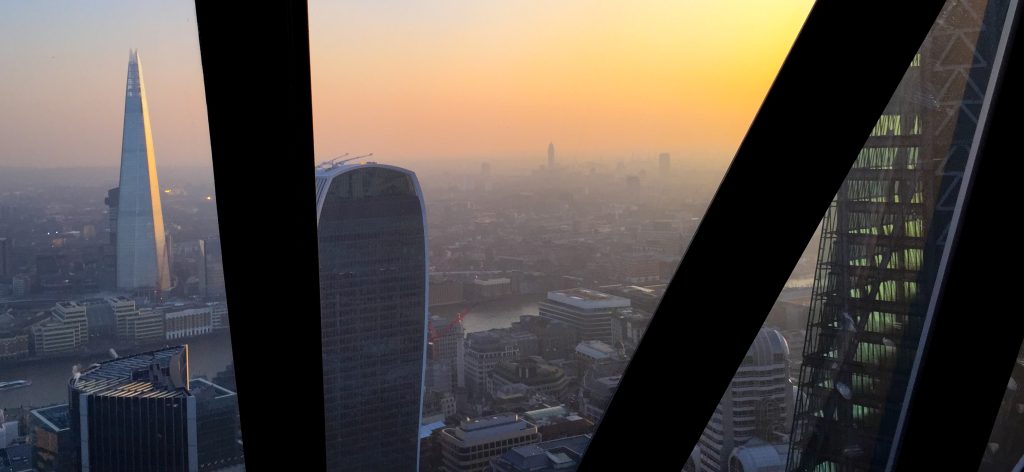
A closer look reveals both graininess and muddy colors:
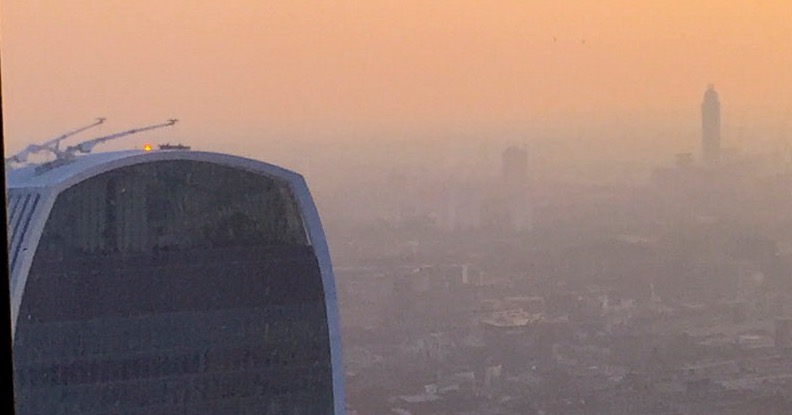
Apple has made huge progress with low-light photos
For still photos, Apple has made huge progress since then. Contrast the above 2014 low-light iPhone photo with a few examples of shots taken with a 2022 iPhone (iPhone 14 Pro Max).
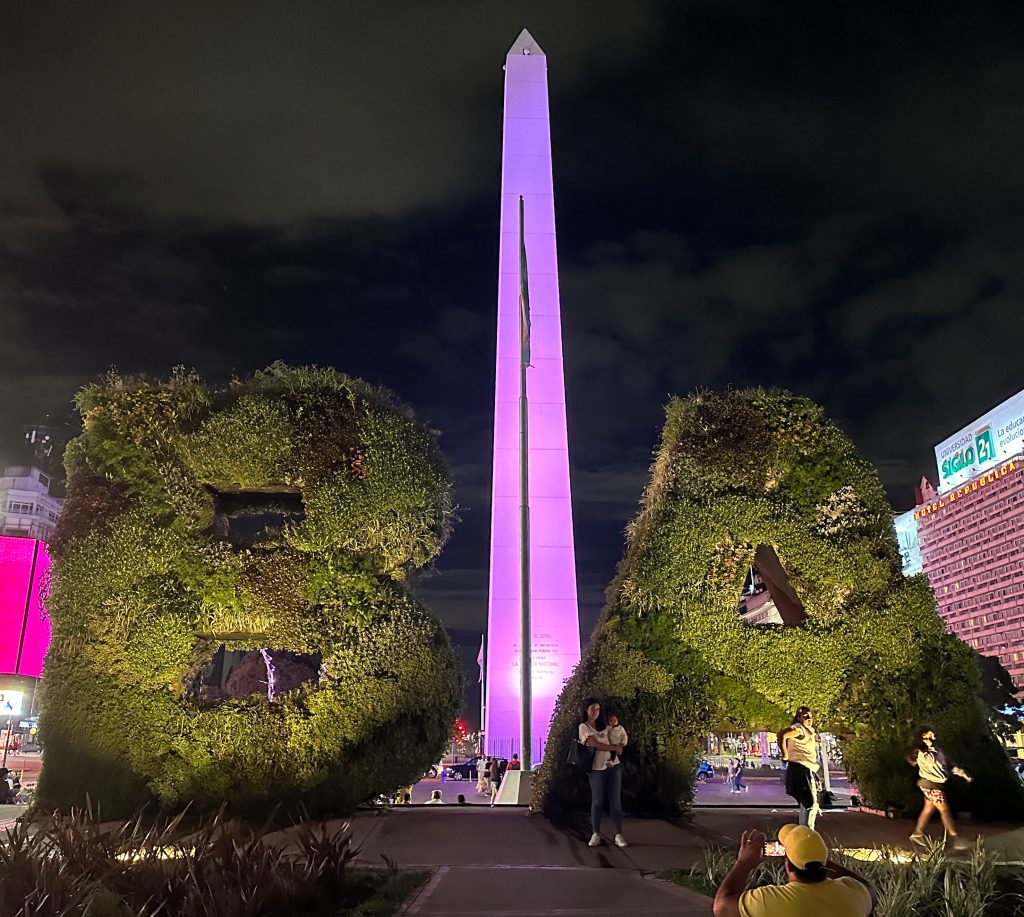
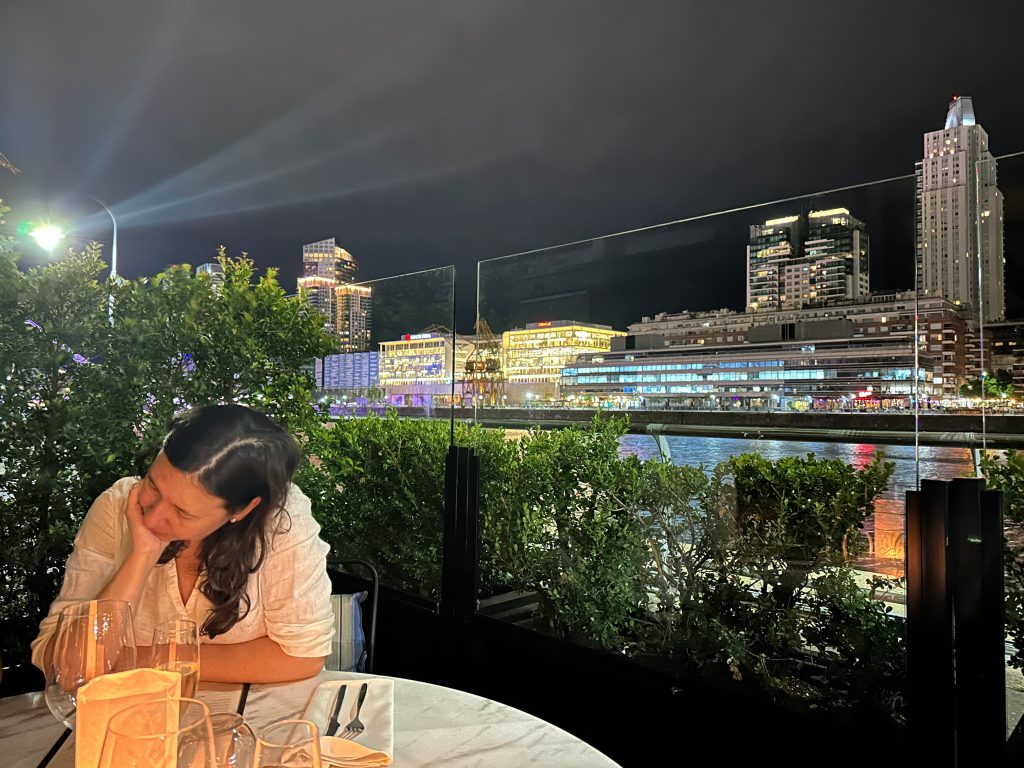
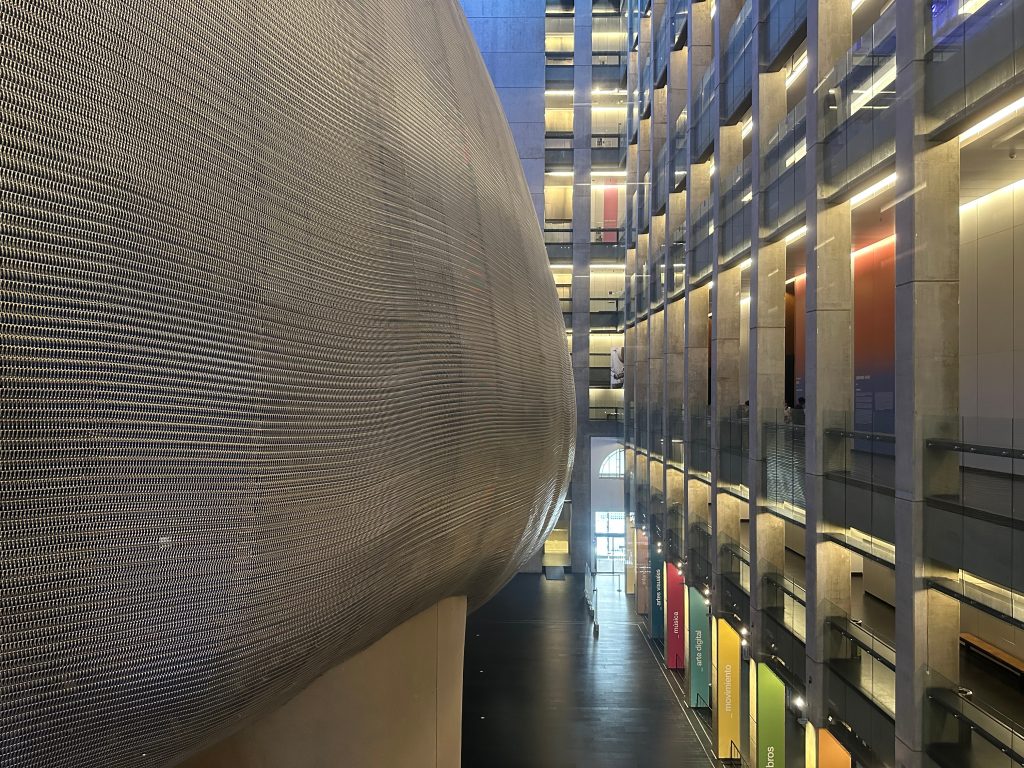
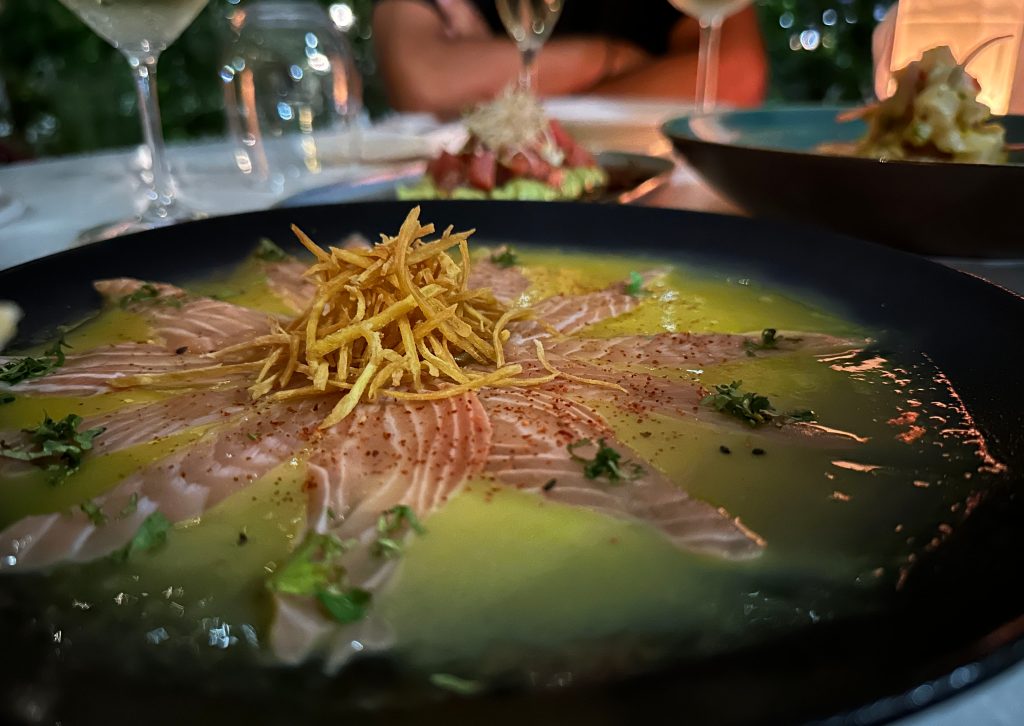
You can click/tap on any of them to view full size, which of course reveals that there are still limits to what can be achieved today – but the difference is substantial.
But low-light video compares poorly
However, low-light video performance is a different matter. I’ve said before that the low-light video quality is good enough for memories, and the phone does do remarkably well with video when the light levels hit a certain threshold. I was careful in one video to ensure that my subject was lit even if the background was dark.
But one of the things the images from this trip showed me is that video quality lags significantly behind that of still photos. For example, here’s a still snap taken inside the dance hall of La Nacional:
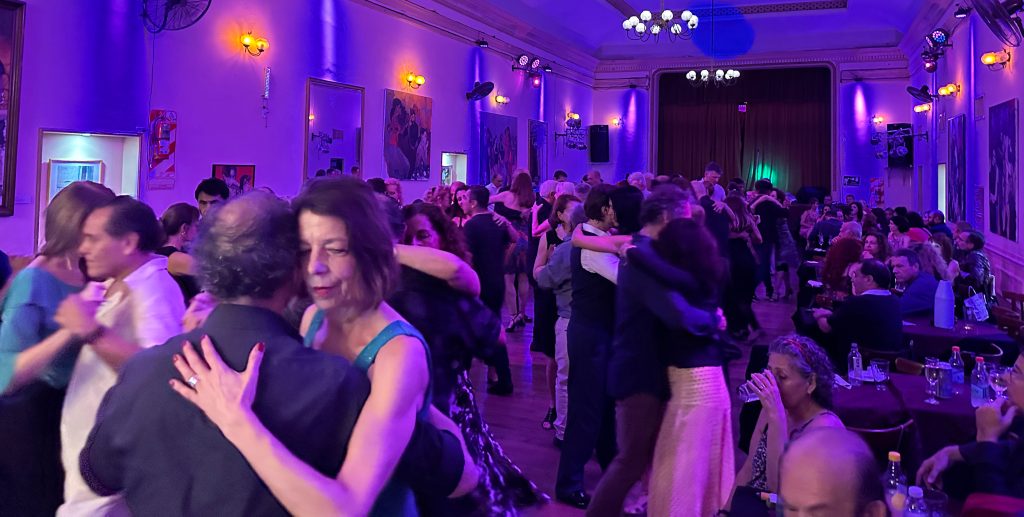
Here’s a frame from a video, taken in the same place on the same night in the same light:
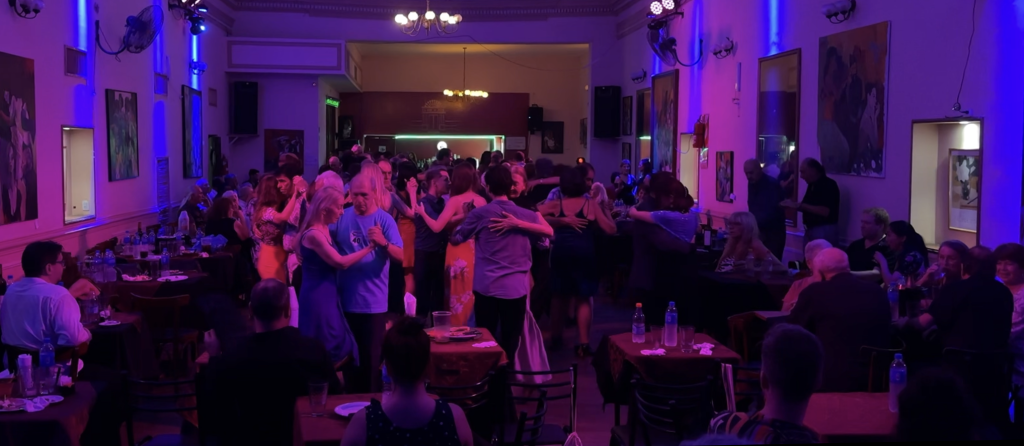
Both are straight from camera except for crops. (And yes, the framing is different, but that should have boosted the exposure rather than reduced it.)
The 3x telephoto lens is a potatocam for video
But while I can live with this difference for video snapshots, the 3x telephoto lens is essentially useless in low light. Again, same place, same night, same light:
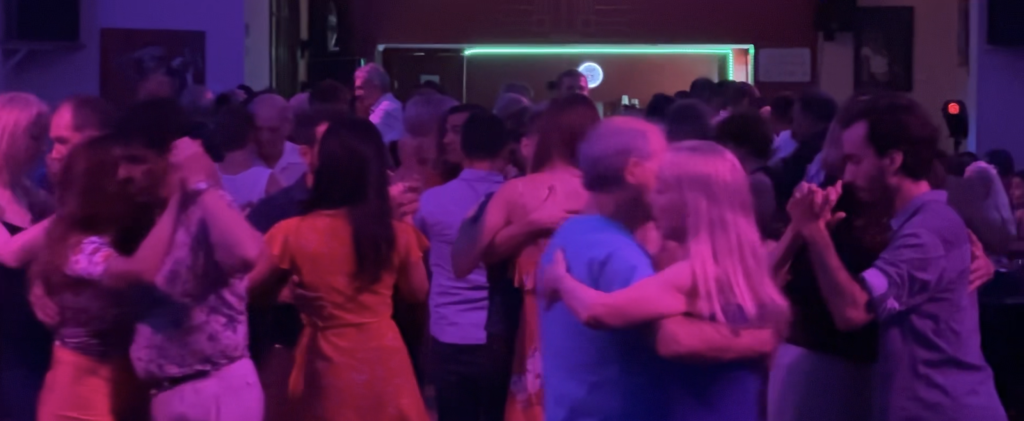
The 3x lens doesn’t match the performance of the main lens, even for still photos. But again, here’s a lowish-light still photo from the 3x lens:
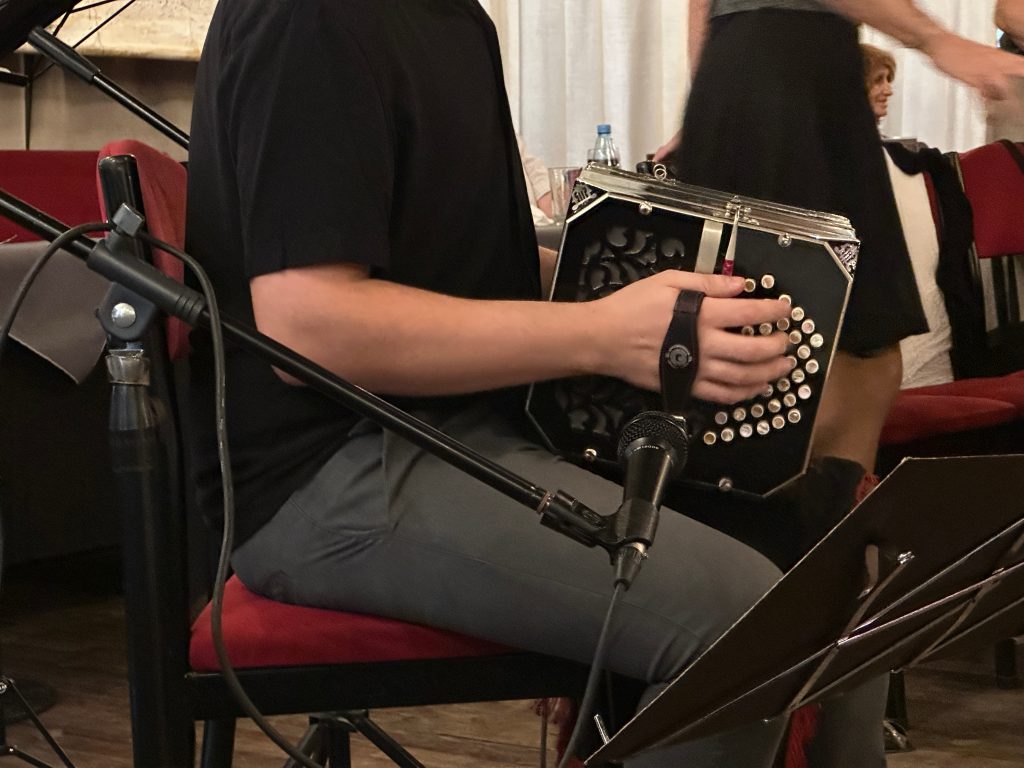
And here’s a frame-grab from a video clip shot just seconds later at the same place in the same light (again, view full size to see the differences):
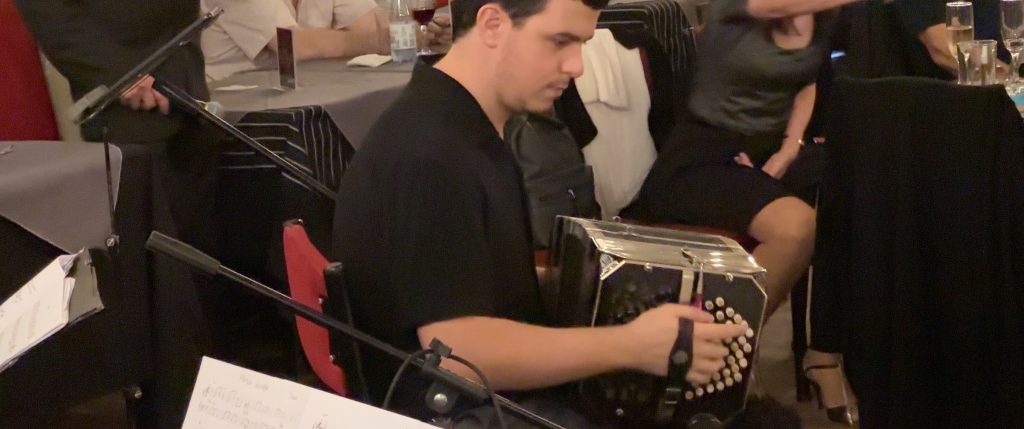
Movement blur can of course be a factor, but this was a frame carefully selected when there was no movement to speak of.
Low-light video is a much bigger challenge
I do appreciate, of course, that video quality is a much bigger challenge than that of still photos.
With still photos, Apple relies a lot on exposure bracketing and computational photography. It actually starts taking photos before we even press the shutter button, and will either choose the best frame, or will combine multiple frames to combine elements from different shots into the same photo.
An example is shooting against a brightly-lit background, when the iPhone will use a high exposure to capture the subject (for example, a face) and a much lower exposure for the background (for example, the sky).
The iPhone uses a wide range of computational photography techniques to optimize that single shot.
Video is tougher. Instead of being able to take a second or more to capture and optimize multiple images, the iPhone has to take anything from 24 frames per second to 240. It can’t use bracketing, and doesn’t have the same ability to optimize each frame because it can’t keep up.
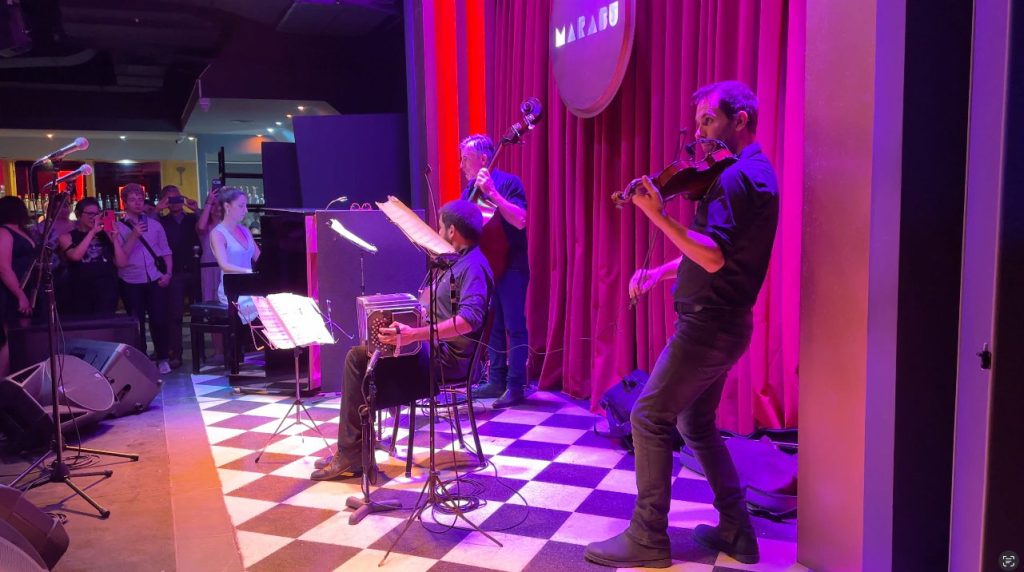
But video is becoming as important as still photos
But as challenging as the task is, I do think it needs to be Apple’s next big priority with the iPhone.
From a personal perspective, I still shoot many more still photos than videos. But the proportion of videos is steadily increasing, and I don’t think I’m alone in that.
Whether it’s travel, kids, family get-togethers, nights out with friends, or just everyday things people want to share on social media, people are increasingly turning to video instead of still photos.
It’s long been the case that a phone is probably the least important function of an iPhone. I’m betting that the average iPhone user has long taken many more photos than they make phone calls. Today, I suspect we’re rapidly reaching the point where the same will be true of videos. Of all the things Apple could choose as its priority for iPhone development, I’d put low-light video quality at the top of the list.
Do you share my view? Or is low-light video not so important to you? Please share your thoughts in the comments.
FTC: We use income earning auto affiliate links. More.





Comments